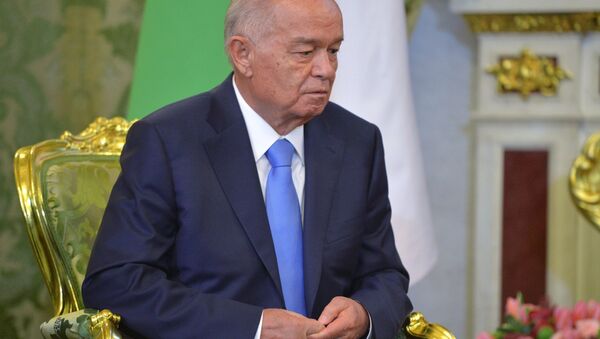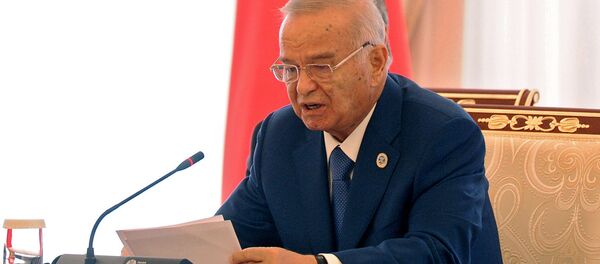“During his 25 years at the helm, Uzbekistan’s first president managed to preserve the country’s territorial integrity and even salvage some of its Soviet-era economic potential,” Gevorg Mirzayan said, adding that now it all depended on what Karimov’s successors are going to do.
“The personality cult that has existed in Uzbekistan, of a great leader steering the nation to prosperity and progress, is the backbone of the country’s political system, but with the Arab Spring, information technologies and the great deal of popularity enjoyed by anti-state ideologies, the new Uzbek leaders will need more than just this cult to stay in power,” Mirzayan added.
“He will also have to allow the free sale of dollars, because now people in Uzbekistan have to buy from banks at a rate which has nothing to do with reality, and also to crack down on corruption, including grass-root corruption. We know from Georgia’s experience how a clampdown on low-level corruption can send the authorities’ popularity sky high.”
The new leadership will also have to reform the country’s foreign policy.
“Islam Karimov loved to rule and firmly resisted any outside attempts to influence his decisions. That’s why he avoided close military and economic ties with either the US, Russia or China,” Mirzayan continued.
Always trying to underscore his independence, Islam Karimov stayed away from any integration projects with Russia and he even opened a museum of Russian occupation, the only such museum in Central Asia.
It wasn’t until very recently that, realizing that the threats posed to his country by Daesh and the situation in Afghanistan, appeared way more real that his fears of falling under Russia’s influence, Islam Karimov started turning to Russia.
“It looks like the new Uzbek leadership will speed up this process especially if the domestic situation deteriorates and if the Kremlin proves that its Eurasian integration concept is not an attempt to bring back the Soviet Union,” Gevorg Mirzayan said in conclusion.



